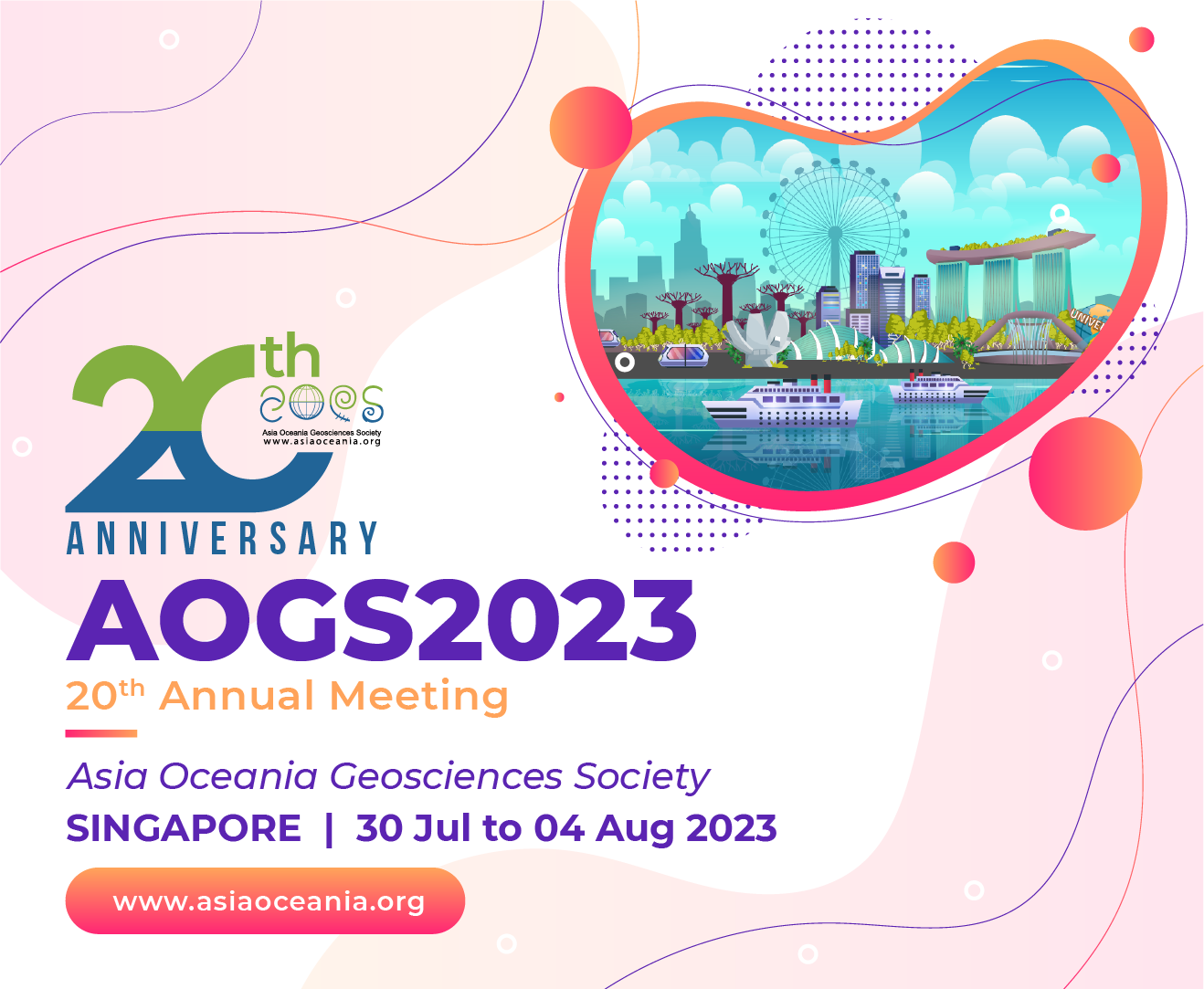

Pakorn APAPHANT
Executive Director
Geo-Informatics and Space Technology Development Agency (GISTDA)
Pakorn Apaphant, Ph.D., was appointed as an Executive Director of Geo-informatics and Space Technology Development Agency (Public Organization), GISTDA, Thailand, in June 2020. He focuses on making Geoinformatics technology to be beneficial to every one under the policy GI for All.
He also serves as the Chair of Committee on Earth Observation Satellites from November 2022- November 2023.
He is specialized in satellite remote sensing, GIS, and Digital Photogrammetry, as well as space related technology.
He earned his bachelor’s degree in Mechanical Engineering from King Mongkut's Institute of Technology Ladkrabang, Thailand, a Master’s degree in Civil Engineering (Remote Sensing/ GIS), and a Ph.D. in Civil Engineering (Geomatics) from Purdue University, Indiana, USA.
Special Session 01: Space Agency Perspectives on the Remote Sensing of the Earth
02 August (Wednesday) | 10:20am – 12:20pm │MR335
GISTDA’s Earth Observation Perspective: Fundamental to Prosperity and Sustainability on Our Changing Environments
Geo-informatics and Space Development Agency (GISTDA) aims to bring values of space technology and geo-informatics for the greatest benefit of humanity. Together with our partners, GISTDA utilizes observation from space to study the Earth as a complex system with diverse interacting components: biosphere, hydrosphere, atmosphere, and lithosphere. Over the past 22 year, GISTDA has introduced the application of earth observations into various fields. Within the agriculture sector, GISTDA applies satellite imagery for crop monitoring and crop health assessment. Our in-house platform allows the monitoring of economic crop growth from planting to harvesting and detects any abnormalities as the season progresses. Besides the routine flood and drought monitoring under disaster management, GISTDA expanded our service to monitor hourly PM2.5 level using geostationary satellite data. Within natural resource and ecosystem sector, GISTDA also provides a rapid monitoring platform for forest encroachment identification which guides the relevant agencies for effective and efficient responses. To improve public accessibility of earth observation and GIS information, GISTDA developed Sphere platform which provides web services for retrieving, analyzing, and visualizing spatial-temporal information. Our future is to also integrate earth observation for addressing climate change in both mitigation and adaptation aspects which include measuring carbon emission and sequestration. To further enhance the benefits from space and expand our observation capability, GISTDA will launch our second satellite mission, THEOS-2. The data from THEOS-2 will also support six fields of national interest from operational to policy-level, namely agriculture management, water management, natural resource and ecosystem, disaster management, urban and economic, social and security. GISTDA believed that data from earth observation satellites is an essential part of the national efforts to understand the global environment, to enhance scientific knowledge, to better support government management and to improve life quality of our citizens.
